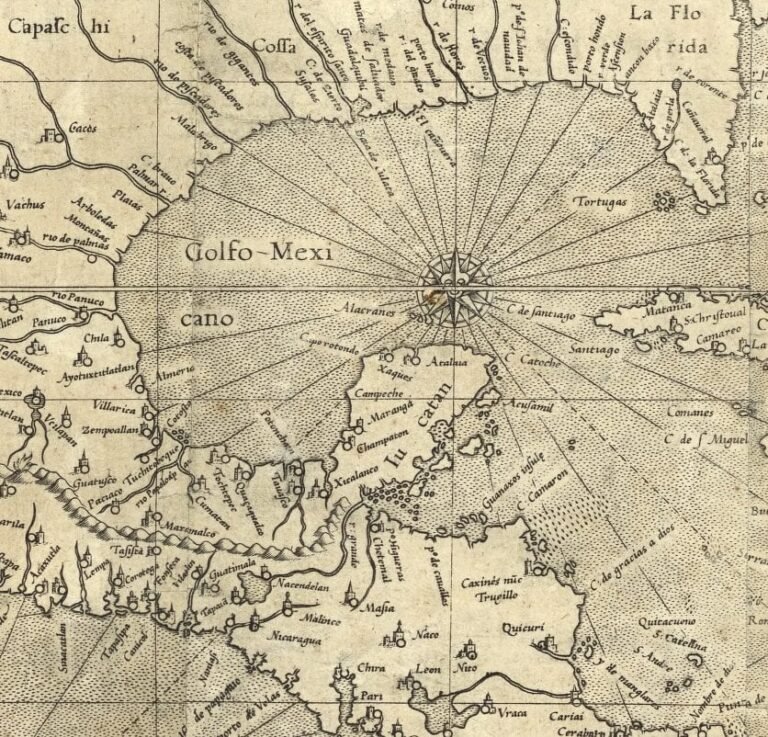Dubbed the Gulf of New Spain by the vanquishers, the substantial body of water that surrounds Texas and 4 various other united state states has actually been offered many names by residents and very early travelers consisting of the North Sea and the Seno Mexicano, according to John S. Sledge, an Alabama writer and chronicler that created a publication regarding the Gulf’s fabled background. However some 4 to 5 centuries back, topographers started to utilize the name we understand today: Gulf of Mexico or Golfo de México— attracted, like the nation’s name, from the Aboriginal Nahuatl language.
Now by governmental mandate, Donald Trump has actually gotten it to be rebranded as “the Gulf of America.” In Trump’s lengthy checklist of exec orders, this anomaly came as something of a shock, motivating some Gulf Shore citizens to position concerns like: Can he do this? And if so, will it trigger mayhem? The solution is both indeed and no, Sledge and others claimed.
Trump can get all government firms– also the National Storm Facility– to utilize the brand-new name in records, internet sites, and future maps. And he can overcome Congress, the Assistant of the Inside, and an odd entity called the united state Board on Geographic Labels to rebrand significant sites. However state and neighborhood authorities can do whatever they such as with their very own maps, indications, and graphes, and authorities might utilize completing terms also in advisories or orders to leave whenever a cyclone strikes.
As a matter of fact, the majority of the Gulf of Mexico is global waters, and the International Hydrographic Company, which keeps pc registries of names, will likely not take on Trump’s name. Mexican and Cuban authorities will certainly remain to call it the Golfo de México— actually, Mexico’s Head of state Claudia Sheinbaum sardonically quipped in feedback to the suggested modification that she could redub the USA “América Mexicana.”
Sledge, that resides in an Alabama Gulf shore area renowned for white sand coastlines, claimed the name the Gulf of Mexico has its very own “sort of charming charm,” partially as a result of its built up background, including stories of vibrant pirates, travelers, shipwrecks, sea fights, and revolutionary oil exploration. “It is essential to think of it as a common source,” he included. “We have an incredible quantity of natural deposit removal of oil and gas and of fish and shellfish. However Cuba and Mexico depend on it too.”
Because of contamination dangers, international warming, and its financial value, the Gulf of Mexico is among the globe’s most examined bodies of water, included in some 30,000 current scholastic magazines. It’s been called “a kind of sea in a dish” and a location in which “much more poisonous waste is launched … than right into any type of various other substantial United States seaside water body.”
Given those dangers, Jen Duggan, executive supervisor of the Environmental Stability Job, supplied an alternate effort for Trump. “Rather than transforming the name of the Gulf of Mexico, Head Of State Trump ought to be doing something about it to secure this extraordinary source, which has substantial social, environmental, and financial worth to areas that live along its shore,” she wrote the Texas Onlooker. ” However Trump has actually done simply the contrary. His exec orders goal to make it much easier to fast-track contaminating nonrenewable fuel source jobs that worsen the environment situation and placed Gulf Shore areas in jeopardy.”
President Trump qualified his order “Mending Names that Honor American Success.” However the suggested “Gulf of America” seems a modern-day political creation, Sledge claimed. For those that had actually favor to go back to white American origins– state, 1492 or two– there’s an additional alternative, Sledge claimed.
When Columbus cruised right into what we call the Gulf of Mexico, he thought he would certainly uncovered a brand-new course to Asia. “He mosted likely to his severe reasoning Cuba was really some type of peninsula, an expansion of Asia, and several of those very early travelers after Columbus called it the Chinese Sea,” Sledge claimed. “So we can constantly return to that.”




